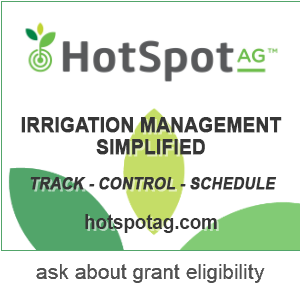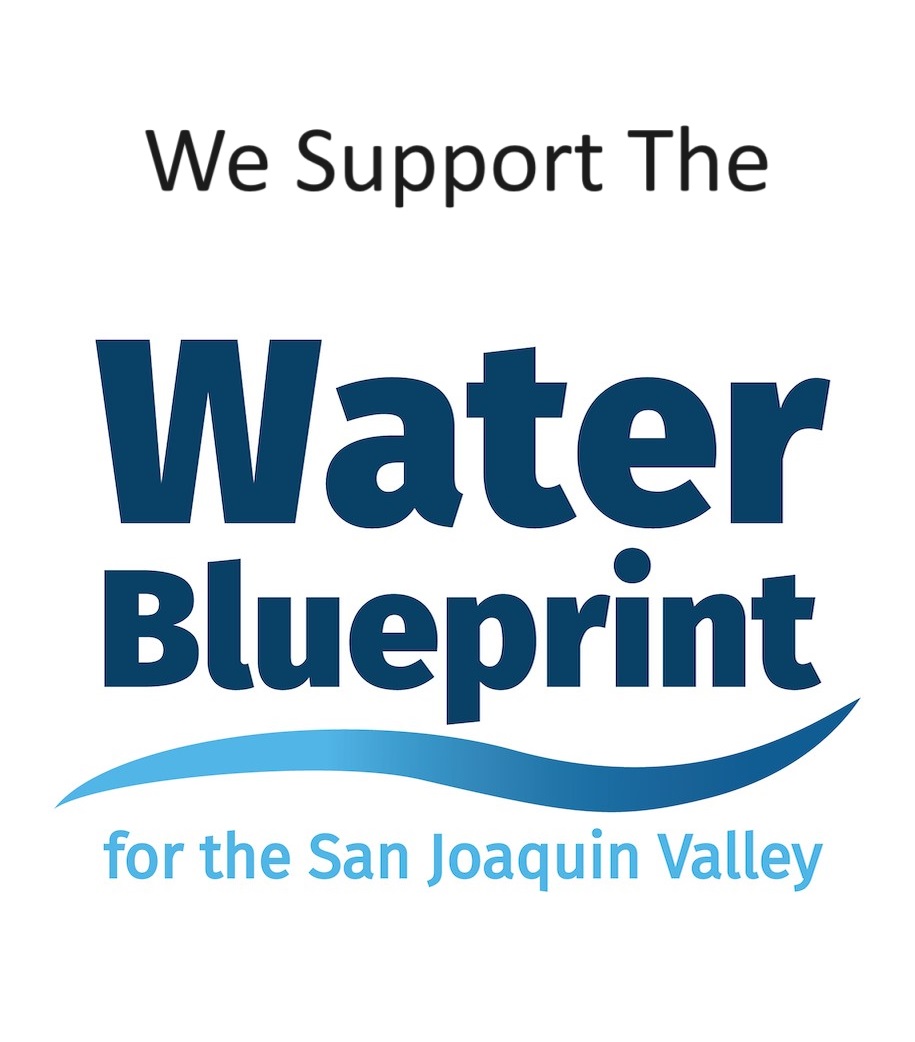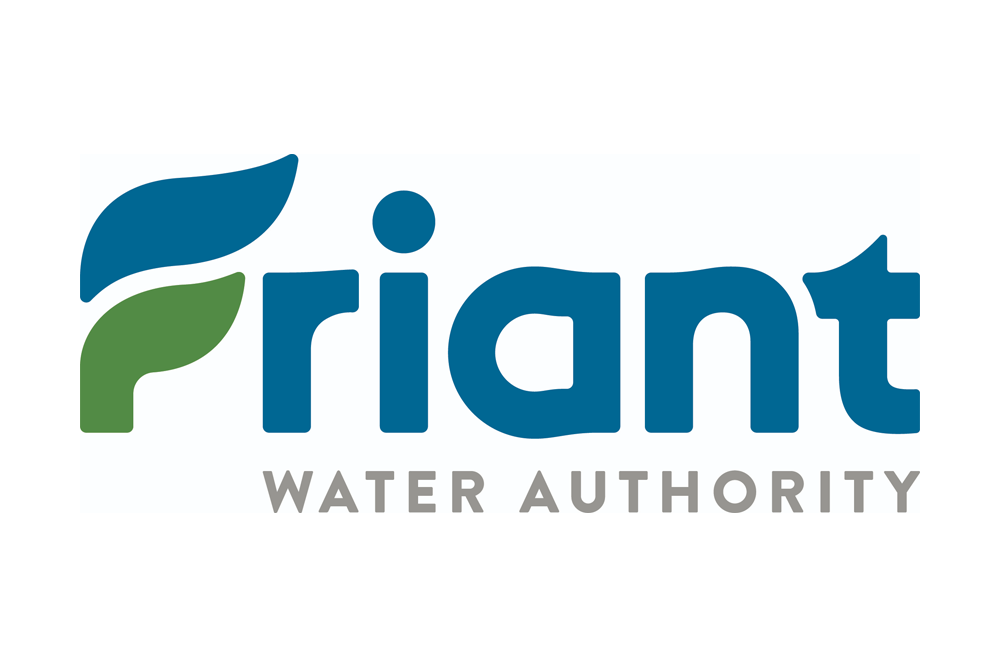The new committee of the Madera County GSA held a regular meeting on June 3, 2025 at the county office building on 4th Street. Supervisor Leticia Gonzales called the session to order at 1:30 p.m. with a welcome to the small group on hand and online. Supervisor Robert Macaulay, the other committee member, was also in his seat. A small audience was on hand for the flag salute and the invitation for public comment.
Public Comment
Howard Jaquith, identifying himself as a grower from Chowchilla, came to the microphone. He said he has become more and more concerned about the direction “you guys are following,” only concerned about pumping in the white area. He cited other factors, like “forest mismanagement” in the mountains allowing many more trees today. He said he hasn’t heard about groundwater levels which should be the first thing to study.
Online, local grower Igal Treibatch said he had been farming in Madera for 40 years. He said there are too many restrictions. and it should be made easier for anyone to bring water into the county.
With no other comment, the meeting moved to the first agenda item, approval of the minutes of the last meeting which was done.
Domestic Wells
Next, Jeannie Habben, associate director of the Department of Water & Natural Resources for the county, led off with a request for feedback reviewing the domestic well mitigation program in the Madera Subbasin. Mitigation means addressing the needs of private homeowners whose wells have gone dry due to sinking groundwater levels, caused at least in part, by agricultural activity.
She first explained that Director Stephanie Anagnoson was away at another meeting. Habben was assisted remotely by consultant Kevin Kostiuck, whose firm Raftelis had developed the overall budgets for the program. In 2022, Raftelis had done a rate study for all of the proposed programs which included land repurposing, on farm recharge and water purposing as well as domestic well mitigation, all estimated to cost $246 per acre for white area growers. The subsequent lawsuit brought by a local grower group made all that moot when an injunction was granted. The injunction was dissolved, however, when the county determined it would only collect fees for the well mitigation program which remained a critical part of the revised and approved GSP for the subbasin.
The current situation was described in the documentation for this meeting as follows:
As of April 2025, there are 247 de-watered wells in the Madera Subbasin that are on interim solutions administered from Self-Help Enterprises. Current estimates indicate an additional 601 domestic wells are expected to be impacted by decreasing water levels from 2026- 2030. Mitigation efforts for these wells need to be funded as part of a Domestic Well Mitigation Program. This means there will be approximately 850 domestic wells in need of mitigation through 2030. Based on contribution to overdraft in the subbasin, those in the County GSA areas are expected to fund mitigation efforts for 73% of the wells, or approximately 621 wells over the next five years. If that number of 621 is divided over 5 years, it is 124 wells per year, on average.
Costs for this program are based on the installation of a domestic well at an estimated cost
of $35,000. This proposed cost of $35,000 does not include paying for additional electrical work or a pump. A property will be eligible for the program only after it is determined that the well was de-watered due to overdraft. Administration/program management is estimated at 10%. The proposed fee is based on the Madera County GSA share, which is approximately 73% based on contribution to overdraft.
If the wells on interim solutions are funded over three years, assuming $35,000/well and
adding the additional wells that will go dry, the rate is approximately $65-70/acre within the
farm unit depending on the year, reducing to approximately $42-43/acre when the interim
solutions are addressed after three years. If the County GSA were to issue bonds to fund
the cost of the backlog of de-watered wells, the initial rate could be lowered to approximately
$50/acre. However, bonds are not an option while litigation is ongoing.
Of course, this cost per acre of up to $70 was top of mind for the group, but comment was invited on the backlog timeline, well replacement cost estimate, program cost estimate and the use of allocation penalty revenue to apply to this program, as well as the purchase of so-called carryover water, i.e. amounts of water under a farm unit’s allocation. Associate Director Habben noted that 190 wells had already been fixed and are not included in these totals.
Once again, Howard Jaquith led off when comment was invited. He pointed out that in Chowchilla, the cost of a new well is estimated at $30,000. He referred to new subdivision development in the eastern part of the county and said all those new wells will take water.
Craig Roberts, saying he’s a farmer and rancher in the county, said that their farming has been adjusted to use only water that equals sustainable yield for 2040. He asked why they should have to pay $86 per acre when they are not only under their current allocation but using only sustainable yield water.
Local grower Mark Peters said he appreciated the forum provided by this committee and that the focus now is only on domestic well mitigation. He then referenced land values saying two years ago, he had land on his balance sheet valued at $20,000 per acre. Recently, a real estate consultant said his white area land is now worth $5,000 to $7,000 per acre if you can find a buyer. He said that while he was in favor of domestic well mitigation, he didn’t think that 73 percent of that cost in the Subbasin should fall only on growers. He said overdraft is the result of many people doing many different things over many years. He also said he didn’t think the $35,000 average price for a new well was correct and said some property owners might accept a cash settlement as low at $15,000.
Recently, a real estate consultant said his white area land is now worth $5,000 to $7,000 per acre if you can find a buyer. He said that while he was in favor of domestic well mitigation, he didn’t think that 73 percent of that cost in the Subbasin should fall only on growers. He said overdraft is the result of many people doing many different things over many years. He also said he didn’t think the $35,000 average price for a new well was correct and said some property owners might accept a cash settlement as low at $15,000.
Mark Takata, who identified himself with the United Water Coalition, said the east side of the county had never had any water. He asked why the county allows continuing new development, new houses and new wells, in areas where there is no water. He said well mitigation should not just be the responsibility of farmers and he claimed there are no farmers on the GSA board of directors.
development, new houses and new wells, in areas where there is no water. He said well mitigation should not just be the responsibility of farmers and he claimed there are no farmers on the GSA board of directors.
Speaking for the MAWA group, Madera Ag Water Association, Noah Lopez said these growers very much favor using the penalties collected from growers who exceed their water allocations be applied specifically to the mitigation program. He said they very much opposed any of these funds being used to purchase transitional water.
Local grower and water leader Dave Loquaci said he farms some white area land and has fallowed enough so that no transitional or overdraft water is used at all, referencing Mr Roberts, the earlier speaker. He pointed out that it is those who overdraft who should be paying for domestic well mitigation. He added that the current allocations are based on a supposed 30,000 acre/feet of recharge originally called for which has not happened. He said he is completely opposed to the notion of selling or trading transitional water. He said that idea is repugnant to him since that’s the very water that domestic wells need.
Speaking online, farmer Stephanie McLaughlin, if I heard the name correctly, said she didn’t understand why she was responsible for mitigation when near her ranch are hundreds and hundreds of homes and shopping centers being built. She asked who will help me when I can’t water my crop because these homes have drained the water?
At this point, Supervisor Macaulay said we’ve heard loud and clear that the penalty dollars should be used for the mitigation program. Speaking to Habben, he asked if fallowed land should be charged. She replied that she was taking note of all comments and that the DWM program would be coming back at the July committee meeting. She pointed out that all districts in the subbasin, including the city of Madera and the water districts would be paying their share.
Macaulay added that the well replacement program is for those whose wells have actually gone dry, and the state wants us to pay more, not less. He said the figure of $35,000 is in the GSP and all seven districts will pay their portion, with a calculation based on the estimated contribution to overdraft… with Madera GSA’s at 73 percent.
Habben added that all subdivisions are required to show they will be in balance before their plans are approved.
Coming in online, Christina Beckstead, executive director of the county Farm Bureau, commented on the concept of subdivision approval. She said that there had been at least one development where the numbers did not seem to add up. Macaulay replied that if they have information to share, he’d be happy to look into it.
Smog Yatzees
Moving on with the agenda, staff member Leticia Tapia said three farmers who had received funding under the land flex program were faced with additional requirements from the Air Board. She presented the details and identified the property owners to receive additional grant funding: Kamal Jawad – $3,302.25; C & J Ranch, LLC – $3,8096.39; and RRR Ranch Trust – $1,886.18. These amounts were approved without comment.
additional grant funding: Kamal Jawad – $3,302.25; C & J Ranch, LLC – $3,8096.39; and RRR Ranch Trust – $1,886.18. These amounts were approved without comment.
Paying For Reports
Also approved was an MOU for cost sharing by GSAs within the Subbasin for the GSP five year report and evaluation to be provided by Davids Engineering. While the cost is nearly seven figures, half of that is funded by grants so the remaining $389,000 will be shared by GSAs for the county, the city, the Madera Irrigation District and the Madera Water District. The MOU was approved. This information was presented by staffer Alita Allen. Mr. Jaquith asked who would pay and the reply was that the four GSAs would be sharing the cost. Jaquith said he thought every household should pay.
The final item was a housekeeping budget transfer within the county system which the committee approved. Emily Garcia reported this item.
Neither supervisor had anything else to report. Habben gave the staff report and said that allocation penalties collected in 2024 amounted to about $400,000. She said there have been responses to the RFP for satellite ETW measuring services with over 30 questions answered. Staff will be reviewing the bids and public discussion will be planned after July 1st. She also confirmed that the staff is planning to be able to present budget, income and expense reporting on a quarterly basis in the months ahead.
With no further business, Supervisor Gonzalez adjourned the meeting at 2:38 p.m.
DISCLAIMER OF RESPONSIBILITY; Waterwrights strives to provide clients with the most complete, up-to-date, and accurate information available. Nevertheless, Waterwrights does not serve as a guarantor of the accuracy or completeness of the information provided, and specifically disclaims any and all responsibility for information that is not accurate, up-to-date, or complete. Waterwrights’ clients therefore rely on the accuracy, completeness and timeliness of information from Waterwrights entirely at their own risk. The opinions expressed in this report are those of the author and do not represent any advertisers or third parties.
ALL RIGHTS RESERVED. Copyright 2025 by WaterWrights.net
Madera County is comprised of three subbasins, designated by the CA Department of Water Resources as critically overdrafted, and “high priority”: (1) the Chowchilla Subbasin; (2) the Madera Subbasin; and (3) a portion of the Delta-Mendota Subbasin. Each of these subbasins submitted a Groundwater Sustainability Plan (GSP) by January 31, 2020. These subbasins are required to achieve “sustainability” by the year 2040. The method by which sustainability will be achieved will be illustrated in the GSP, which was be drafted in partnership by the irrigation district, water districts, cities and Madera County. The Madera County Groundwater Sustainability Agency (GSA) is administered by the Madera County Department of Water and Natural Resources: Stephanie Anagnoson, Director, 200 W. Fourth Street, Madera, CA 93637, (559) 675-7703 x. 2265 or (559) 675-6573. The County of Madera Board of Supervisors is the Board of Directors of the GSA for the three subbasins. The current board is composed of five members: Robert Poythress, chair, Letitia Gonzalez, Robert Macaulay, David Rogers and Jordon Wamhoff..
The Madera Subbasin’s DWR # is 5-022.06


































